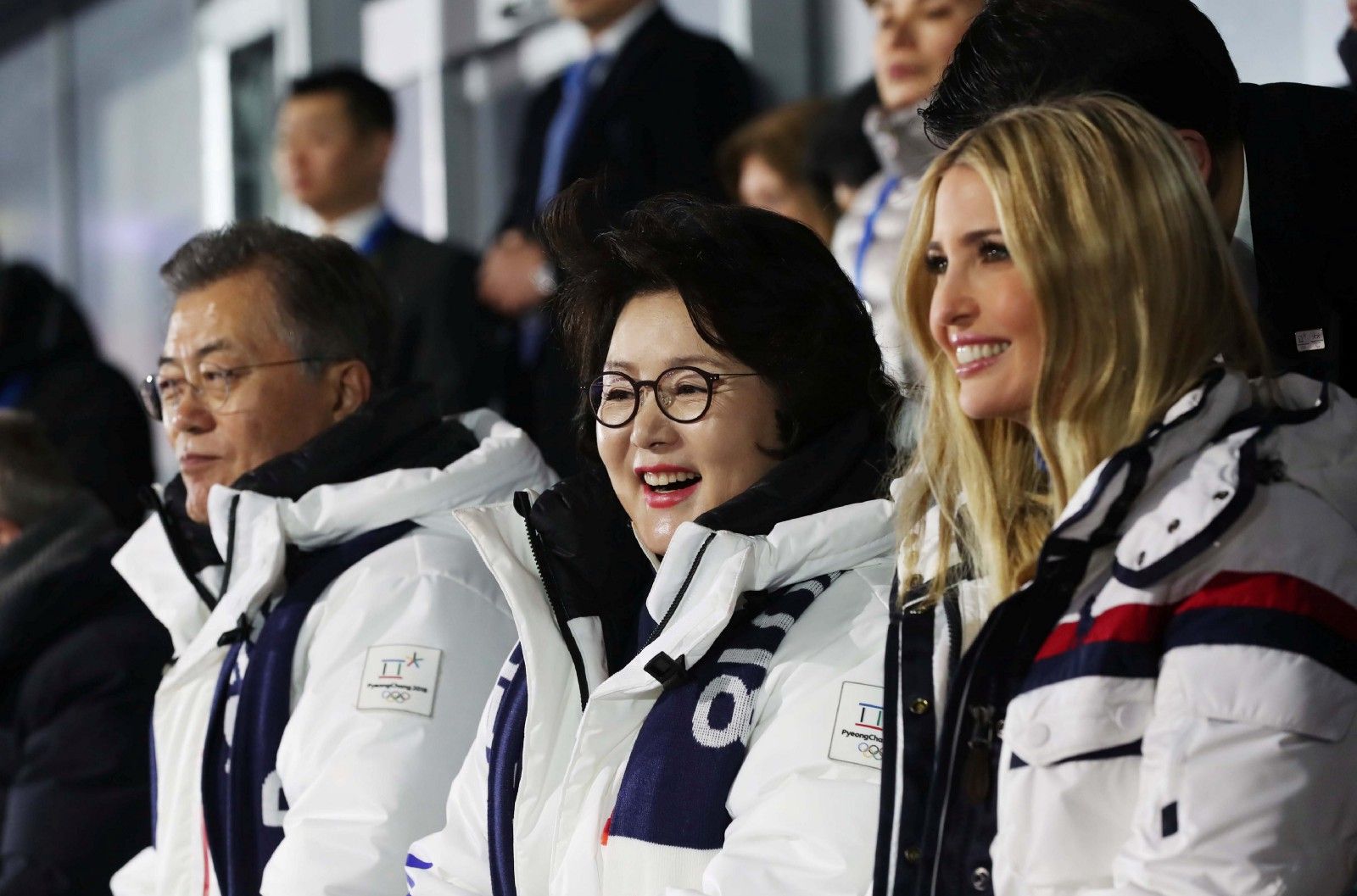That 13-year-old kid shredded Vivaldi like a young Korean Yngwie. Ivanka was the smartest person and clapped for everyone. The Olympic torch took off for Tokyo and — despite the sporting rapprochement between North and South that happened at the Winter Games — we’re now back to the acute geopolitical crisis surrounding North Korea’s nuclear program.
Despite the Olympian goodwill, the basic parameters of the standoff haven’t changed since the Opening Ceremony. North Korea wants a nuclear weapon that can hit the continental US. Washington wants to strip North Korea of its nuclear capacity altogether. Kim Jong-un seems unfazed — nuclear weapons are an existential matter for him. The Chinese are annoyed with Kim, but still unwilling to push him to the brink of collapse just to stop him for the Americans. And so it’s deadlock.
But two things are likely to inflame tensions further in the coming months. First, the regularly-scheduled joint US and South Korean military drills, which were postponed in order to avoid piquing Pyongyang during the Olympic games, are likely to go ahead. Second, seeing that the thaw with Seoul appears not to have warmed hearts in Washington, Kim Jong-un is almost certain to test another big missile before long.
The big question here is whether he’ll attempt his own triple-axel move: a horizontal missile test across the Pacific coupled with an atmospheric test of a bomb. Doing that might be beyond the pale even for Kim — but then again, the pale’s been steadily moving out for a while now…
